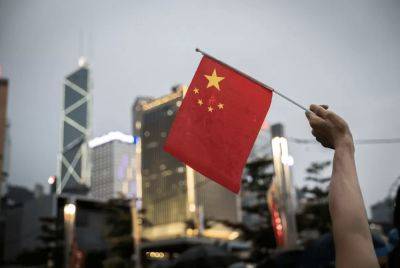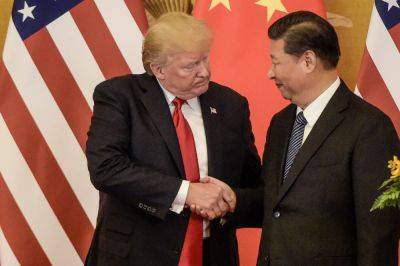Two American Caesars at the Rubicon
Since the founding of their republic, Americans have been fond of comparing it to the republic of ancient Rome.
That comparison now seems timely. The situation of the American republic at the start of 2024 CE evokes, in two non-negligible respects, that of the Roman republic just before 49 BCE.
Around January 10 of that year, Julius Caesar, who was not only governor of Gaul and Illyria but also the leader of Rome’s populares – its populist party, based in its largely working-class plebeian order – crossed the Rubicon and invaded Italy with a single understrength legion. Caesar chased his even less-prepared political foes out of Rome within a week and out of Italy within two months.
Caesar crossed the Rubicon because his political foes had prevented him from standing for election as consul without being prosecuted on criminal charges in courts that his foes controlled. Caesar’s foes – whom Cicero like to call the optimes, the party of “the best” – were based in Rome’s ruling-elite orders, the patricians and equites.
On January 7, 49 BCE, Rome’s patrician-controlled Senate enacted a measure forbidding Caesar to stand for election as consul, an office that entailed immunity from criminal prosecution, without first surrendering his provincial governorships, each of which also conferred immunity from prosecution.
Caesar, having the support of most non-elite Romans, was generally expected to win election as consul if he was allowed to stand for that election. However, the patriciate and its clients controlled the courts, and sought either to prosecute Caesar before he could stand for election, or else to keep him from standing for election and then prosecute him when his governorships expired.
The Senate enacted its







